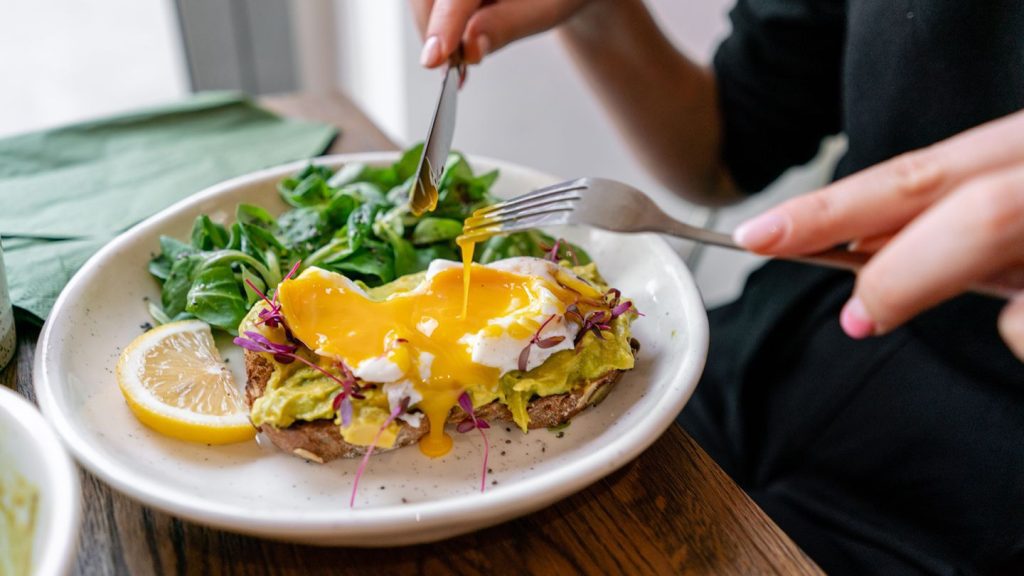Iron deficiency is a condition in which the body doesn’t have enough iron to carry out its normal functions. Iron is a mineral that’s essential for the production of hemoglobin, which is the protein in red blood cells that carries oxygen throughout the body. Without enough iron, the body can’t make enough hemoglobin, and this can lead to symptoms such as fatigue, weakness, shortness of breath, and dizziness. Iron deficiency is mostly treated with iron supplements, food that contains iron, healthy lifestyle, but sometimes, more serious medical intervention is needed.
Although, iron deficiency is a common nutritional deficiency, there are many foods that can help to increase iron levels, such as vegetables, fruits, grains, and dietary changes. Eating foods that are high in iron, such as red meat, poultry, fish, legumes, and dark leafy greens, is important, these foods are all high in iron and can help boost ones iron levels. It’s also important to include vitamin C-rich foods in the diet because vitamin C helps the body absorb iron. Avoiding tea, coffee, and alcohol with meals is also important, as these substances can interfere with iron absorption.
There are a number of vegetables that are great sources of iron, the dark leafy greens. Spinach, Pumpkin leaf, Bitter leaf are all excellent source of iron to the body. It’s also important to note that the way you cook these greens can impact the amount of iron you absorb. For example, boiling these greens can reduce the amount of iron that is available for your body to absorb. Steaming or sautéing these greens is a better option to maximise the amount of iron you get from them. Even carrots and sweet potatoes contain some iron. Hence, it is good to include these in diet as well, but when eating iron-rich vegetables, it’s also important to eat foods that are high in vitamin C.
Dried fruits can be a great snack option that provides a boost of iron. Fresh fruits that are high in iron includes guava, watermelon, mango, and papaya. These are all excellent options for they are not only high in iron, but they are also delicious and refreshing. They can be eaten fresh or added to smoothies or juices. In addition, avocados, passion fruit, and pineapples are all good sources of iron. Avocados are not only high in iron, but they are also packed with healthy fats and other nutrients. Passion fruit is not only high in iron, but it is also a good source of vitamin C, which helps the body absorb iron. Pineapples are also high in iron and are good source of antioxidants and vitamin C.
There are a few grains that are high in iron and are commonly available in Nigeria. Sorghum, millet, and fonio are all good options. Sorghum and millet can be cooked into porridges or made into flour for use in bread and other baked goods. Fonio can be cooked into porridges or used to make a dish called Tuwo, peculiar to the Northern part of Nigeria. Sorghum is a gluten-free grain that is high in both iron and protein. It is often used in dishes like porridge, flatbreads, and couscous. Millet is another gluten-free grain that is high in iron, protein, and fiber. It is often used to make porridges, pancakes, and couscous. In addition, beans are excellent source of iron, and there are a few types of beans that are commonly available in Nigeria. The black-eyed peas are high in iron and other nutrients like folate and protein.
Kidney beans, also called red beans, are another good option that is high in iron. These beans are mostly used to make dishes, such as bean porridge, bean pudding called moin-moin, deeply fried pudding called akara as well as beans soup called gbegiri. These varieties of meals can be eaten to get nutrients to boost ones iron level. Red meat and poultry are both excellent sources of protein, as well as iron. Beef, lamb, and pork are all good sources of iron and protein. Chicken and turkey are also high in protein and iron while red meat and poultry are healthy sources of protein and iron, which should be consumed in moderation due to their high saturated fat content. On a final note, taking of daily multivitamin coupled with eating of meals rich in iron can be helpful.



